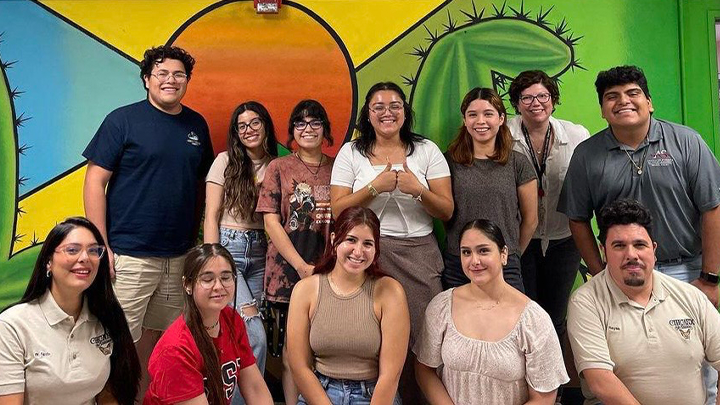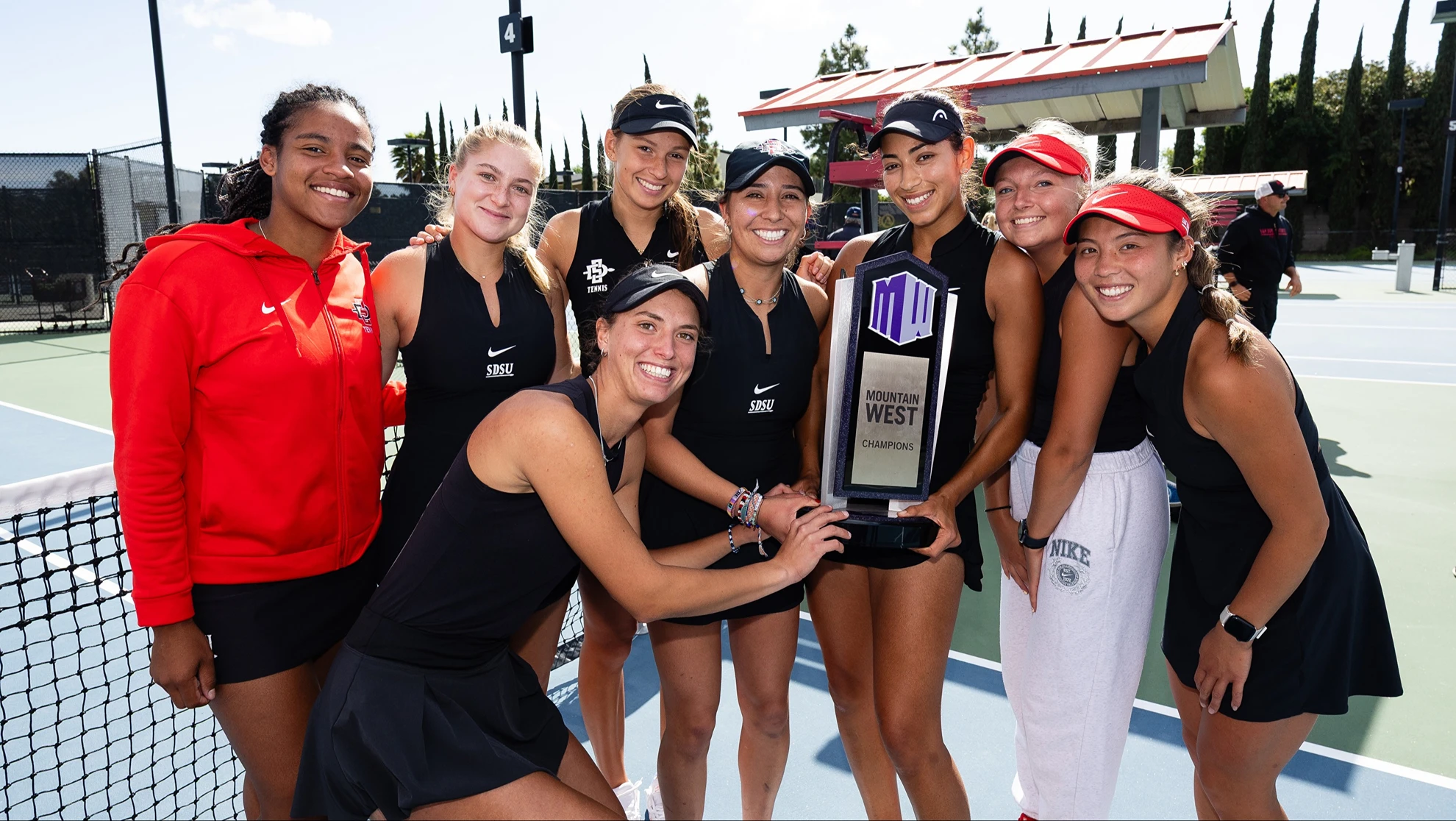SDSU Imperial Valley launches Chicano/a Studies minor program
The program, open to all undergraduate students from different disciplines, is aimed to begin this fall.

San Diego State University Imperial Valley this fall will launch its new Chicano/a Studies minor program. First proposed in 2021, it will mirror the Chicanx Studies program at SDSU, serving an area where census data show Hispanic and Latino residents account for about 85% of the population.
“The idea to make a proposal first began when we conducted a survey to test if we would receive support from students,” said Efren Lopez, English professor at SDSU Imperial Valley. “It was eye opening to see the support from the students and university leaders.”
Student organizations, including the Chicanx Sin Fronteras group, SDSU Imperial Valley Associated Students leaders, and the inaugural advisory committee for SDSU Imperial Valley’s Cross-Cultural Center began discussing the groundwork for its establishment.
“We knew the new minor program will create a stronger sense of identity and belonging in our campus,” said Lopez. “The courses we laid out in the curriculum will give students an accurate and complete history and background to issues that our Chicanx communities have experienced.”
“I am honored to be part of SDSU Imperial Valley during this historic period of growth and expansion,” said Vannessa Falcon-Orta, SDSU Imperial Valley Division of Education assistant professor. “The Chicanx Studies minor epitomizes this progress.”.
The new minor program will cover such topics as social justice, history, U.S.-Mexico border issues, gender issues and Chicanx feminism. Students will be encouraged to partake in research opportunities through various grants and in SDSU Imperial Valley’s Transborder Scholar Collaborative, a research initiative dedicated to the social justice of transborder students in education along the U.S.-Mexico borderlands.
“This minor program will allow students to solidify their degree in a way that they will have full competence and knowledge of many of the issues the Chicanx and Mexican American communities face in our region and in our country,” said Lopez.
The program also received support from SDSU Imperial Valley professors from different departments, such as psychology, criminal justice and liberal studies. Many emphasized the need for students to have a more competitive profile in the region’s job market that have a preference for diversity, equity and inclusion commitments.
“Our new minor program is an effort that has taken a lot of collaboration between our faculty here and our colleagues in San Diego,” said Guillermina Gina Nuñez-Mchiri, SDSU Imperial Valley dean. “When our students go into the workforce with a stronger knowledge base, they will be able to feel more empowered to address the needs of their community and feel proud of their identity.”
The program also aligns with the recent addition of SDSU Imperial Valley public health tenure-track faculty members, supported through the National Health Institute’s Faculty United FUERTE grant with the objective of boosting research on Latinx health disparities.
“The students taught me to never give up and they created a sense of unity that we needed in order to get the proposal going,” said Gilberto Reyes, SDSU Imperial Valley history instructor. “Chicanismo has a different meaning to every person. We hope that this new program takes down the negative stigma of Chicano history and culture, and how Imperial Valley is perceived. This will immensely help bring more community and campus life to our university.”



